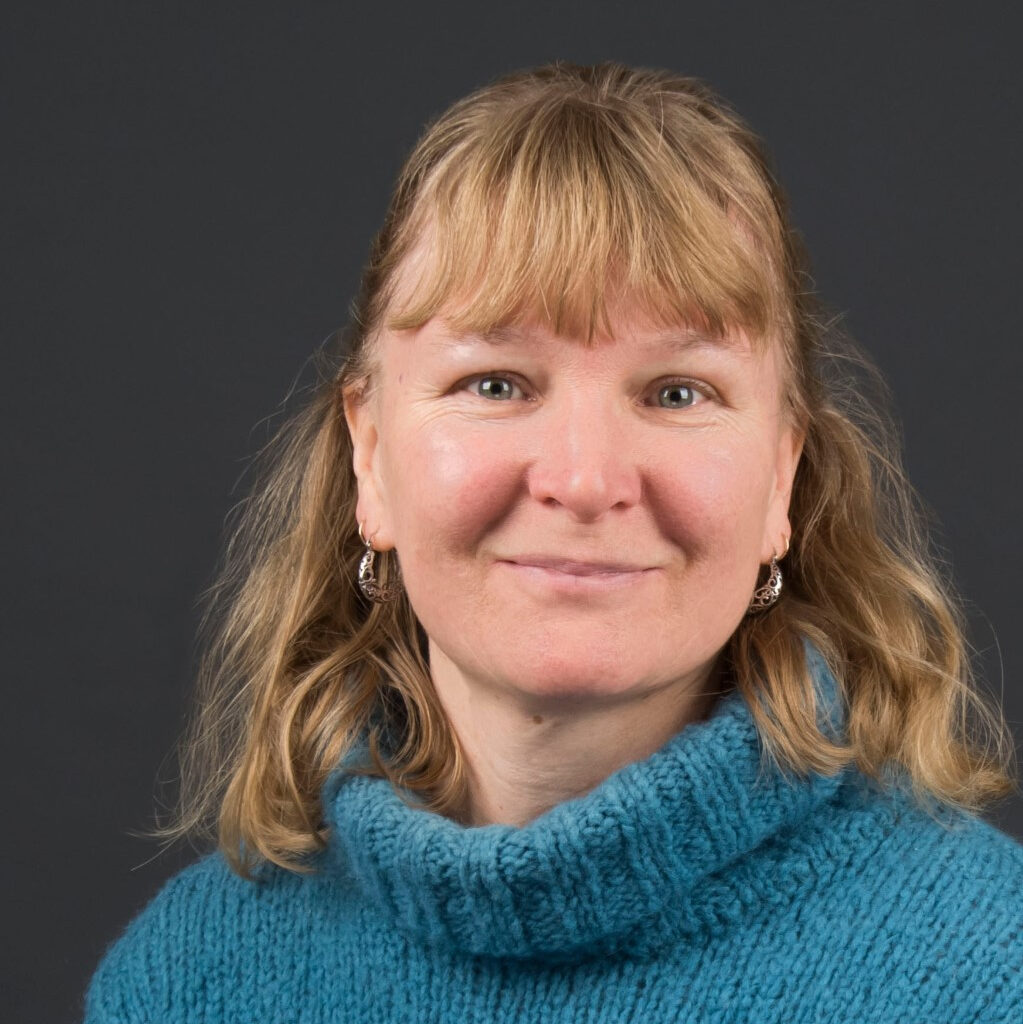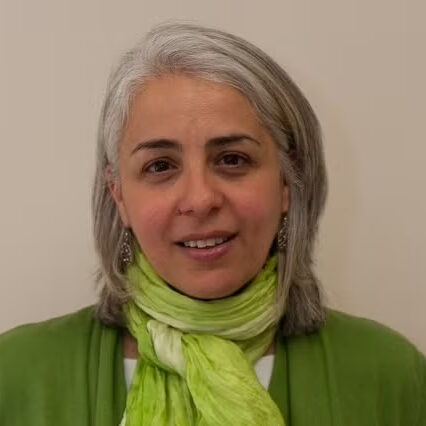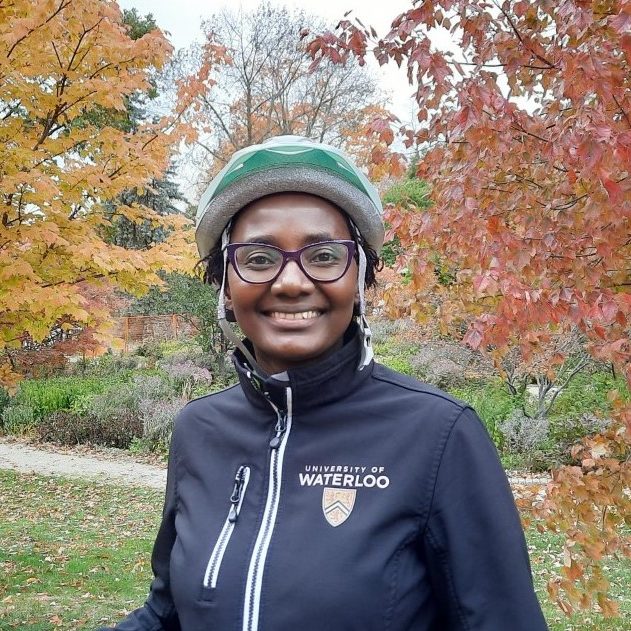Cameron McCordic is an Assistant Professor in the School of Environment, Enterprise, and Development (SEED) at the University of Waterloo. Cameron’s research interests focus on sustainable urban development, urban food security, and social vulnerability within cities. In particular, Cameron is interested in the systems that give rise to sustainable development and compounding vulnerability within cities. In pursuit of this research focus, Cameron has collaborated with communities, private enterprises, municipal leaders and academics to find innovative research methods that can be used to investigate urban issues through a community-based research framework.



















